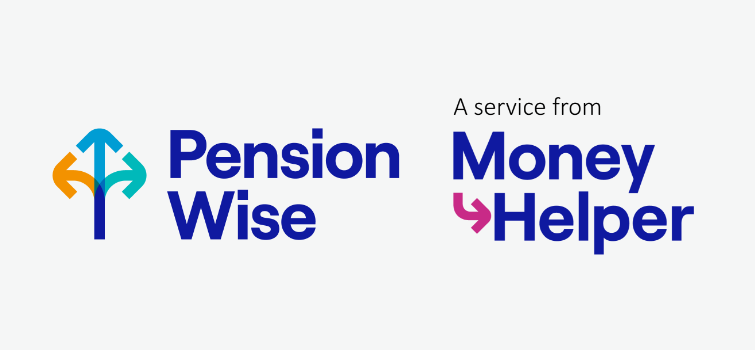ii SIPP
Ethical and sustainable SIPPs
By selecting investments that meet your principles, it’s possible to save for retirement with an ethical SIPP.

Aligning where you put your money with your values is an important consideration to make. Ethical SIPP investments allow you to invest in and be a part of companies making a difference.
From the pros and cons of ethical SIPPs to investments ideas to get you started, find out everything you need to know.
What is an ethical SIPP?
Ethical SIPPs aren’t actually a product in their own right. However, the very nature of a self-invested personal pension means that you can build your own ethical SIPP, by researching and selecting investments that meet ethical criteria.
So while you might not be able to buy an ethical SIPP, you can create your own.
How does an ethical SIPP work?
An ethical SIPP will work just like any other SIPP.
After opening your SIPP account and setting up contributions to it, you then need to select the ethical investments you want to hold.
To make your selection easier, you’ll see that many funds are branded as ‘ethical’ or ‘socially responsible’.
To be included in one of these funds, the managers will usually stipulate that holdings need to meet certain ESG (environmental, social and governance) criteria.
Environmental criteria: Here fund managers will focus on the impact companies have on the environment. This can include the amount and type of energy they use, their levels of waste, water use and impact on biodiversity. It may also take into account efforts made by the business to make it more sustainable.
Social criteria: This focuses on how businesses treat people, both those that are employed by the company and those in the wider community. It will look at hiring practices and diversity of staff – including at an executive level, as well as working conditions and health and safety. Managers will also consider the impact a company has on its community.
Governance: This is about how companies are run – managers will be on the lookout for businesses with transparent accounts, who are a positive catalyst for change and interact well with shareholders. Diversity in leadership, shareholder rights, executive pay, risk management and the quality of the decision-making process will all be key considerations.
Ethical SIPP investment ideas
There’s a huge variety of ethical investment options you can choose for your SIPP. A good starting point is ethical funds and investment trusts that invest in companies that meet the managers’ criteria. You can also choose corporate bond funds run on an ethical basis.
Another option is an ethical exchange-traded fund (ETF) that tracks a sustainable index or excludes specific sectors.
If you want more control over exactly which businesses you invest in, you can also buy direct shares in companies that meet your own ethical criteria.
In addition to thinking about the type of investments you hold in your ethical SIPP, it’s also worth thinking about your own ethical priorities. For example, are there certain sectors that you want to avoid altogether such as weapons or tobacco? Or, would you prefer your pension to be invested in businesses that seek to make a positive difference to society or the environment?
How to build an ethical portfolio with ii
It’s easy to build an ethical SIPP with us.
We’ve hand-picked a shortlist of 40 best-in-class ethical investment options using our ACE (Avoids, Considers, Embraces) criteria.
The ACE 40 includes funds, investment trusts and ETFs, covering different regions, sectors and risk profiles from core to adventurous.
Victoria Scholar, Head of Investment at interactive investor, says: “The ACE 40 list offers a filtered selection of collective investment vehicles for all investors, new or experienced. We aim to provide a menu of high-quality choices across a broad variety of markets and investment types.”
The benefits of investing in an ethical SIPP
Peace of mind: By choosing an ethical SIPP you can have the confidence that your money is being invested in a way that aligns with your own personal beliefs and isn’t being invested with businesses you wouldn’t want to support.
You are a force for change: As more investors start to single out companies that are having a positive impact on the environment and our society, other businesses that want to attract investment will start to follow their lead.
You are rewarding businesses with ethical practices: Whether a company is making its accounting more transparent, improving working conditions for its staff or reducing its carbon emissions, you are rewarding firms that are doing the ‘right thing’.
The drawbacks of investing in an ethical SIPP
Beware of ‘greenwashing’: If ethical investing is a priority for you it’s important not to take a fund badged as ethical or socially responsible at face value. You need to do your research to ensure managers aren’t paying lip service to ethical investing and solely attempting to cash in on a growing market.
Ethics are subjective: There is no industry standard that is able to classify an investment as ‘ethical’. Like investors, managers will have different ideas about what constitutes an ethical, sustainable or socially responsible business. This means you need to do your research to ensure the ethical values of a business or fund match your own.
Restricted investment universe: When you start applying ethical criteria to your investment selection process, you invariably limit the number of opportunities open to you. There is also a risk that an ethical investment portfolio may be less well diversified than one that doesn’t take ethics into account.
Other ethical investment options
An ethical SIPP offers a tax-efficient way to save for retirement. However, if you do not want to tie up your savings for such a long period, you can hold ethical investments outside of a SIPP. With an ethical individual savings account (ISA) you can shelter the same investments from tax without losing access to your savings. You won’t receive tax relief on contributions to an ISA, but any gains or income you take from it will be paid free of tax.
How can Pension Wise help?
If you have a defined contribution pension scheme and are 50 or over, then you can access free, impartial guidance on your pension options by booking a face to face or telephone appointment with Pension Wise, a service from MoneyHelper.
If you are under 50, you can still access free, impartial help and information about your pensions from MoneyHelper.

Learn more about our SIPP
Learn how to make the most out of your SIPP with our useful guides.
Important information: The ii SIPP is for people who want to make their own decisions when investing for retirement. As investment values can go down as well as up, you may end up with a retirement fund that’s worth less than what you invested. Usually, you won’t be able to withdraw your money until age 55 (57 from 2028). Before transferring your pension, check if you’ll be charged any exit fees and make sure you don't lose any valuable benefits such as guaranteed annuity rates, lower protected pension age or matching employer contributions. If you’re unsure about opening a SIPP or transferring your pension(s), please speak to an authorised financial adviser.